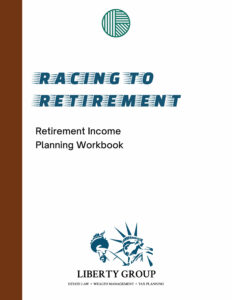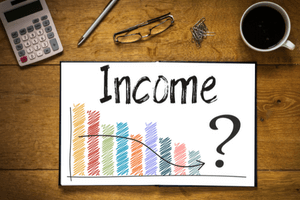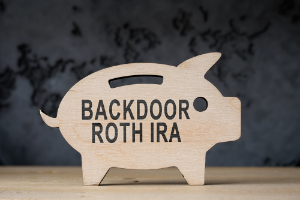Retirement Income
Inspiring Women in Retirement: How to Ensure You’re on the Right Path
What you should know, key planning elements & why men should listen up, too! Planning for retirement and beginning this stage of life is multi-layered. It’s true that 90% of…
Read MoreReverse Mortgages: What They Are and If They’re Right for You
Last Updated: April 17, 2025 Millions of Americans are entering retirement encumbered with mortgages, while the state of American retirement savings is declining. According to epi.org, almost half of American…
Read MoreWhat Is 401(k) Vesting?
Last Updated: February 12, 2025 Employer matching of 401(k) contributions is a common employee benefit. If you work for an employer that matches 401(k) contributions, your retirement account can grow…
Read MoreSix Thrift Savings Plan Mistakes to Avoid
Last Updated: January 29, 2025 If you work for the federal government or serve in the armed forces, you have access to a retirement and savings plan called a Thrift…
Read MoreFive Tax-Advantaged Investments to Consider for Your Portfolio
Last Updated: December 18, 2024 Benjamin Franklin, one of the founding fathers, once famously said: “… in this world, nothing is certain except death and taxes.” While these words hold…
Read MoreFive Ways to Maximize Social Security Benefits
Date Last Updated: September 13, 2024 Social Security provides a guaranteed fixed income to many retirees, helping pad their retirement savings and income. But did you know there are strategies…
Read MoreSix Ways to Generate Income in Retirement
Last Updated: August 12, 2024 Do you know if you will have enough money during retirement to cover the cost of your housing, food, entertainment, and other activities you enjoy?…
Read MoreHow a Mega Backdoor Roth Conversion Works
Last Updated: March 13, 2024 It’s no secret that Roth individual retirement accounts (IRAs) have several major benefits—after-tax contributions to your IRA account offer tax-free growth and distributions later in…
Read MoreWhat’s the Difference Between a Traditional and Roth IRA?
Last Updated: May 10, 2024 Individual retirement accounts (IRAs) are tax-advantaged long-term savings and investment vehicles intended to help carry you through your retirement years. Some IRAs may be available…
Read MoreThe Value of a Financial Professional
Last Updated: May 10, 2024 With the emergence—and prevalence—of robo-advisors, where investing can be done with the click of a button on an app, the common question is, are financial/investment…
Read More










